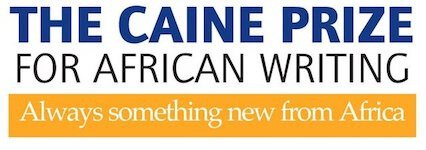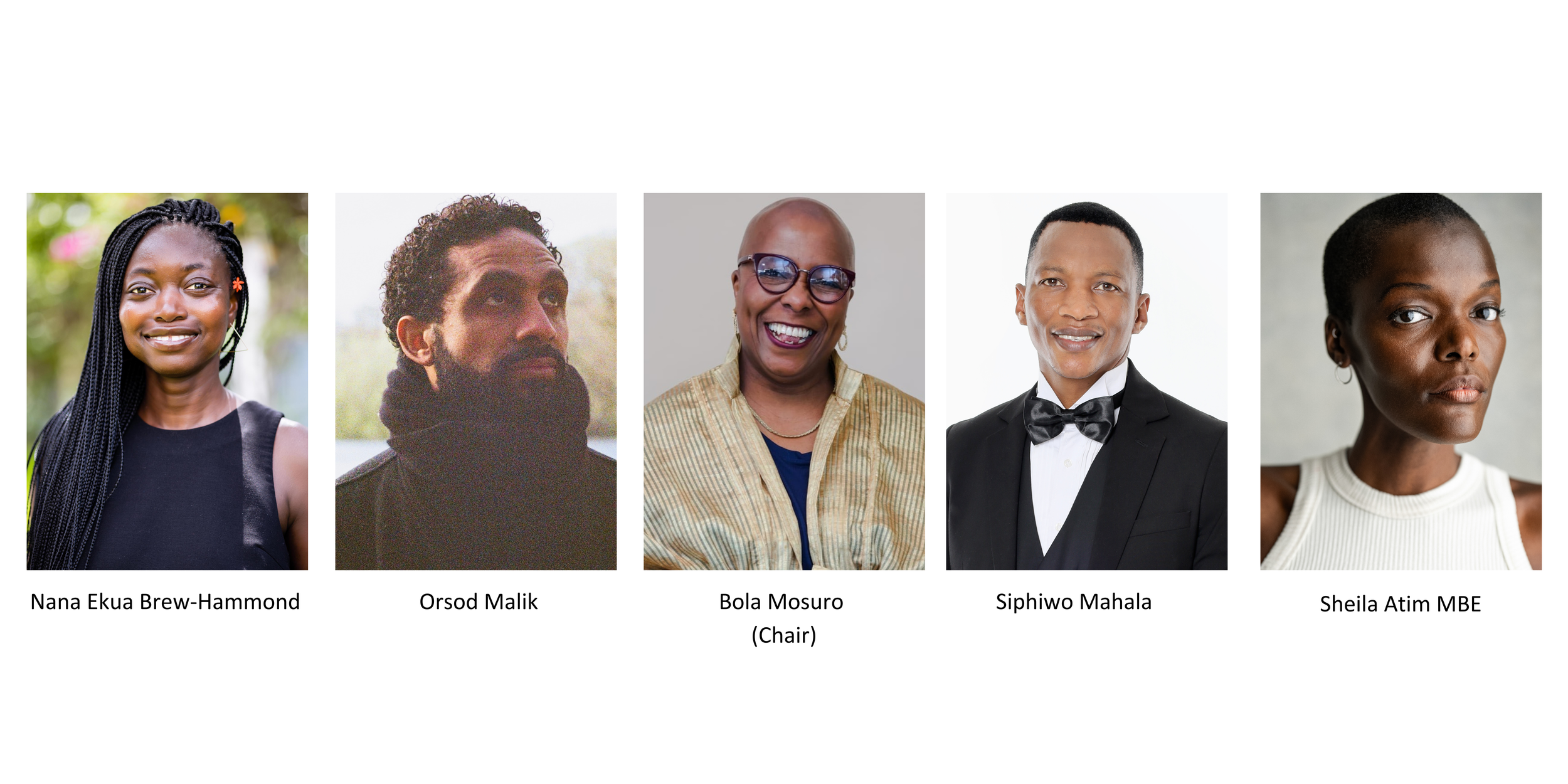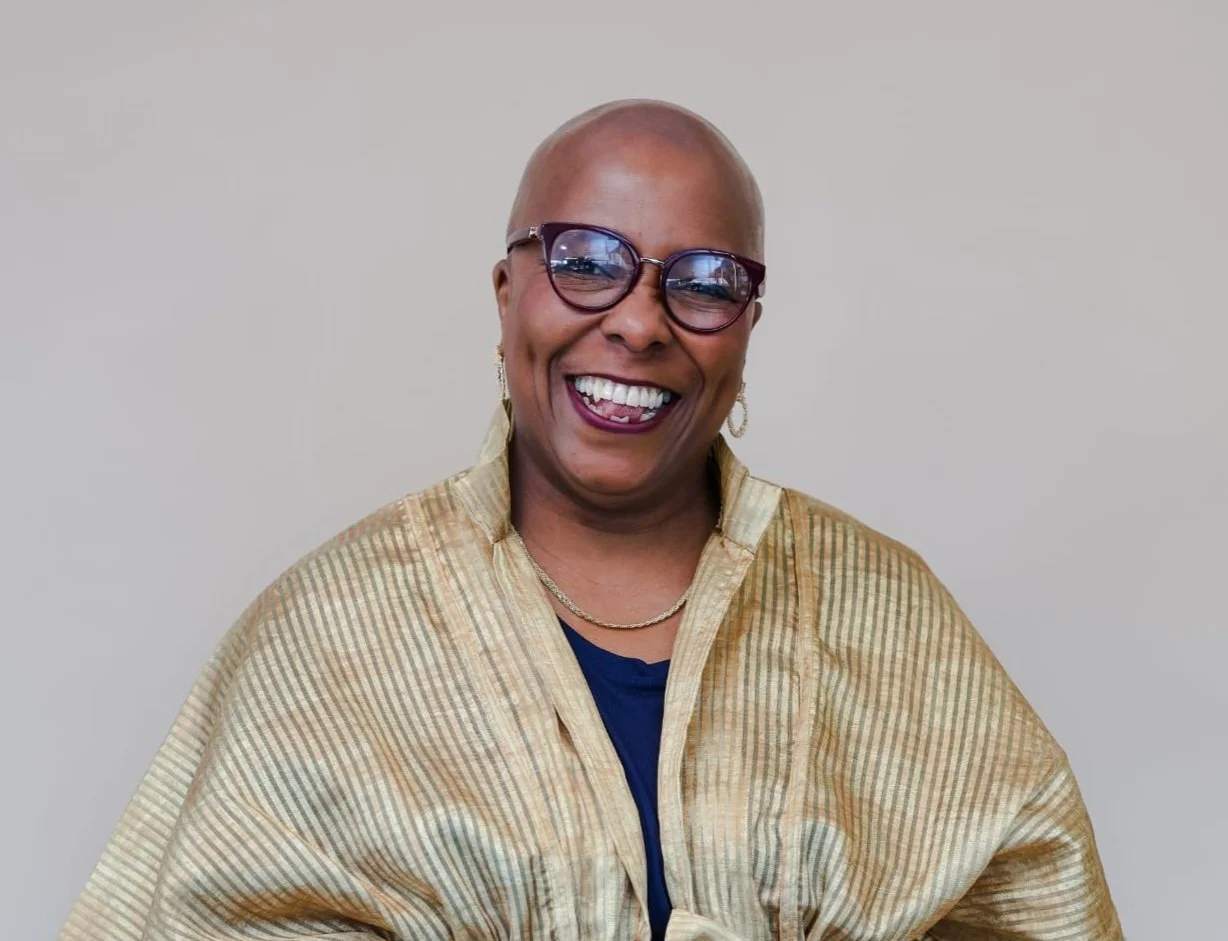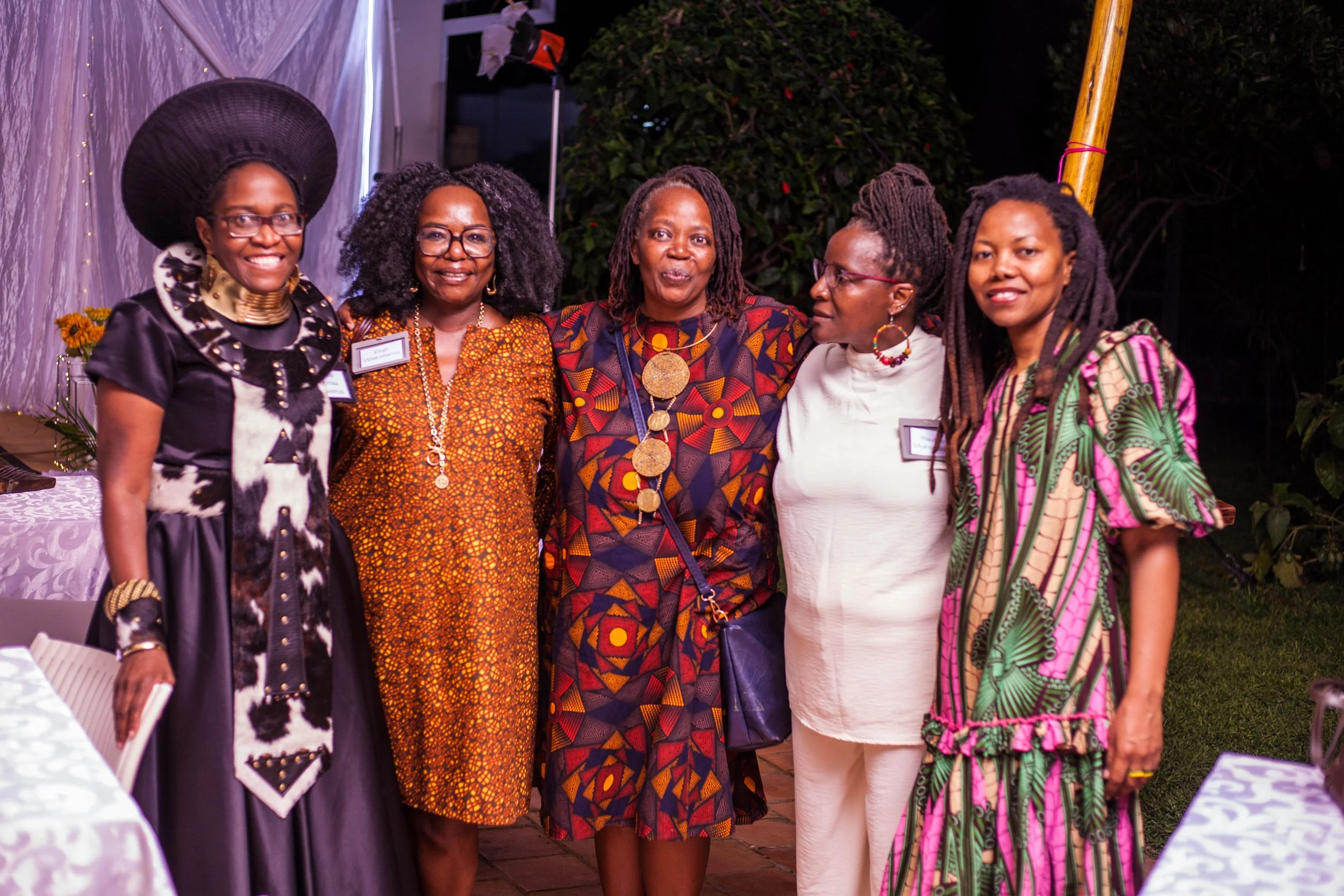London, 8 July 2019 – Nigerian writer Lesley Nneka Arimah has won the 2019 Caine Prize for African Writing, described as Africa’s leading literary award, for her short story ‘Skinned’, published in McSweeney’s Quarterly Concern (Issue 53).
The Chair of the Caine Prize judging panel, internationally acclaimed Kenyan author and poet Dr Peter Kimani, announced Lesley as the winner of the £10,000 prize at an award dinner on Monday 8 July. The ceremony was held for the third time at Senate House, University of London, in partnership with SOAS and the Centre for African Studies.
‘Skinned’ envisions a society in which young girls are ceremonially ‘uncovered’ and must marry in order to regain the right to be clothed. It tells the story of Ejem, a young woman uncovered at the age of fifteen yet ‘unclaimed’ in adulthood, and her attempts to negotiate a rigidly stratified society following the breakdown of a protective friendship with the married Chidinma. With a wit, prescience, and a wicked imagination, ‘Skinned’ is a bold and unsettling tale of bodily autonomy and womanhood, and the fault lines along which solidarities are formed and broken.
Announcing the award, Dr Peter Kimani said: “The winner of this year’s Caine Prize for African Writing is a unique retake of women’s struggle for inclusion in a society regulated by rituals. Lesley Nneka Arimah’s Skinned defamiliarizes the familiar to topple social hierarchies, challenge traditions and envision new possibilities for women of the world. Using a sprightly diction, she invents a dystopian universe inhabited by unforgettable characters where friendship is tested, innocence is lost, and readers gain a new understanding of life.”
Lesley Nneka Arimah was born in the UK and grew up in Nigeria and wherever else her father was stationed for work. She was selected for the National Book Foundation’s 5 Under 35 and her debut collection What it Means When A Man Falls From The Sky won the 2017 Kirkus Prize, the 2017 New York Public Library Young Lions Fiction Award, and was selected for the New York Times/PBS book club among other honours. Lesley is a 2019 United States Artists Fellow in Writing. She lives in Las Vegas
‘Skinned’ is available to read now on the Caine Prize website.
Joining Lesley on this year’s shortlist were:
Meron Hadero (Ethiopia) for ‘The Wall’, published in McSweeney’s Quarterly Concern, Issue 52 (2018).
Cherrie Kandie (Kenya) for ‘Sew My Mouth’, published in ID Identity: New Short Fiction From Africa (2018).
Ngwah-Mbo Nana Nkweti (Cameroon) for ‘It Takes A Village Some Say’, published in The Baffler (2017).
Tochukwu Emmanuel Okafor (Nigeria) for ‘All Our Lives’, published in ID Identity: New Short Fiction From Africa (2018).
Each Caine Prize shortlisted writer receives £500.
Alongside Dr Peter Kimani on the 2019 judging panel were Sefi Atta, Nigerian author and playwright shortlisted for the 2006 Caine Prize; Margie Orford, acclaimed author hailed as the “queen of South African crime-thriller writers”; Scott Taylor, professor, and director of the African Studies Program at Georgetown University; and Olufemi Terry, Sierra Leone-born author and winner of the 2010 Caine Prize.
A special anniversary anthology containing all winning stories throughout the history of the Caine Prize will be published later this year.
ENDS
Notes to Editors
The Caine Prize, awarded annually for African creative writing, is named after the late Sir Michael Caine, former Chairman of Booker plc and Chairman of the Booker Prize management committee for nearly 25 years.
The Prize is awarded for a short story by an African writer published in English (indicative length 3,000 to 10,000 words). An African writer is taken to mean someone who was born in Africa, or who is a national of an African country, or who has a parent who is African by birth or nationality.
The African winners of the Nobel Prize for Literature, Wole Soyinka and J M Coetzee, are Patrons of The Caine Prize. Baroness Nicholson of Winterbourne is President of the Council, Ben Okri OBE is Vice President, Ellah Wakatama Allfrey OBE is the Chair, Adam Freudenheim is the Deputy Chairperson and Dele Fatunla is the Administrator.
Previous winners are Sudan’s Leila Aboulela (2000), Nigerian Helon Habila (2001), Kenyan Binyavanga Wainaina (2002), Kenyan Yvonne Owuor (2003), Zimbabwean Brian Chikwava (2004), Nigerian Segun Afolabi (2005), South African Mary Watson (2006), Ugandan Monica Arac de Nyeko (2007), South African Henrietta Rose-Innes (2008), Nigerian EC Osondu (2009), Sierra Leonean Olufemi Terry (2010), Zimbabwean NoViolet Bulawayo (2011), Nigerian Rotimi Babatunde (2012), Nigerian Tope Folarin (2013), Kenyan Okwiri Oduor (2014), Zambian Namwali Serpell (2015), South African Lidudumalingani (2016), Sudanese writer Bushra al-Fadil (2017), and Kenyan Makena Onjerika (2018).
Each year the five shortlisted stories, alongside stories written at the Caine Prize workshop, are published by New Internationalist (UK), Interlink Publishing (USA), Jacana Media (South Africa), Lantern Books (Nigeria), Kwani? (Kenya), Sub-Saharan Publishers (Ghana), FEMRITE (Uganda), ‘amaBooks (Zimbabwe), Mkuki na Nyota (Tanzania), Redsea Cultural Foundation (Somaliland, Somalia, Djibouti, Ethiopia, Eritrea, Sudan, South Sudan and UAE), Gadsden Publishers (Zambia) and Huza Press (Rwanda). Books are available from the publishers or from the Africa Book Centre, African Books Collective or Amazon. The 2018 anthology was titled Redemption Song and Other Stories.
The Caine Prize is principally supported by The Oppenheimer Memorial Trust, The Miles Morland Foundation, The Carnegie Corporation, the Booker Prize Foundation, The Sigrid Rausing Trust, the Royal Over-Seas League, and John and Judy Niepold. Other funders and partners include The British Council, Georgetown University (USA), The Lannan Center for Poetics and Social Practice, The van Agtmael Family Charitable Fund, Rupert and Clare McCammon, Adam and Victoria Freudenheim, Arindam Bhattacherjee, Phillip Ihenacho and other generous donors.
For more information
James Killin
020 7922 7719
james@raittorr.co.uk
Follow us on Twitter, Facebook and Instagram @CainePrize, and visit our website: www.caineprize.com







